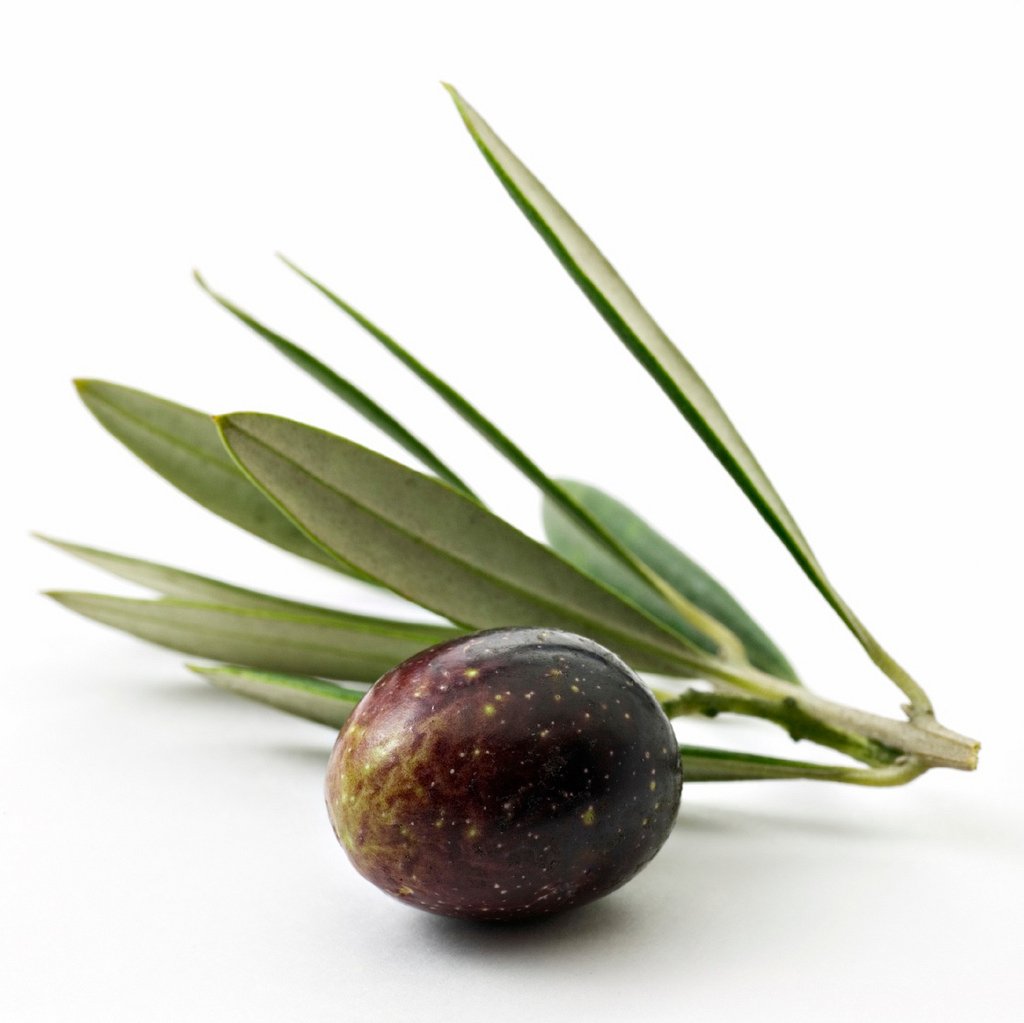 Food manufacturers across the country are switching from conventional oil ingredients to their non-GMO alternatives right now.
Food manufacturers across the country are switching from conventional oil ingredients to their non-GMO alternatives right now.
If your brand is making this same switch, how do you know which oil is right for you?
Well there’s a lot of different facets to that decision, including flavor, price, availability and consumer perceptions of quality. If you serve the natural foods market, your consumers are judging the quality of your end product, in part, by the quality of your ingredients.
The way to find out which oil to use is to talk to your target market and do some research.
Ask questions like:
Out of those questions, you will likely be pointed towards the best oil ingredients for your products.
However, if you've decided that you want to use a Non-GMO oil and you'd like it to be something other than Non-GMO Canola Oil (one of the most popular options on the market today) here's a list of 5 alternatives that you can choose from instead.
5 Alternative Non-GMO Oils
Here's a few of the favorite non-GMO edible oil options outside of Non-GMO Canola Oil. The oils below are all premium and healthy oil alternatives that might work well for your product.
High Oleic Sunflower Oil

This oil is both naturally non-GMO and expeller pressed from sunflower seeds. The flavor is mild and the color is very light. It’s an easy replacement for conventional soybean and canola oil. It’s very popular with natural and specialty brands right now, because the consumer perception of sunflower oil is very high.
There’s an organic variety of this oil, which is also in high demand. However, the organic version has experienced limited availability this summer and fall.
This oil is most often used interchangeably with High Oleic Safflower Oil.
High Oleic Safflower Oil
 Like sunflower oil, this high oleic safflower oil is naturally non-GMO and expeller pressed. The seeds come from a colorful thistle-like flower grown in dry climates. The flavor and color is very similar to sunflower oil, and is most often used interchangeably.
Like sunflower oil, this high oleic safflower oil is naturally non-GMO and expeller pressed. The seeds come from a colorful thistle-like flower grown in dry climates. The flavor and color is very similar to sunflower oil, and is most often used interchangeably.
This is a great, premium oil with a mid-range price point perfect for the health food industry.
It is also available in an organic variety.
Grapeseed Oil
This oil comes from the seeds of grapes, and is most often produced as a by-product of wine in countries like France, Spain and Italy. It has a greenish appearance, with a color ranging from yellow to light green, and a fresh, mild taste with a bland aroma.
Though there are a number of different versions, the expeller pressed variety is most commonly used in the health food industry. It is a premium oil, and has a similar price to that of olive oil.
Extra Virgin Olive Oil
 Extra Virgin Olive Oil is regarded as one of the healthiest oil options available. It is an expeller pressed oil, known more commonly in the olive oil industry as first, cold press.
Extra Virgin Olive Oil is regarded as one of the healthiest oil options available. It is an expeller pressed oil, known more commonly in the olive oil industry as first, cold press.
The color ranges from dark green to pale yellow depending on the olive variety, when it was pressed and other factors of that year’s crop. Color, however, doesn’t indicate the quality.
The flavor is far more prevalent than the other oil options on this list, and can range from a strong, peppery, spicy flavor to a more mild, buttery taste. All Extra Virgin Olive Oil options, however, will have more taste than a soybean or a canola oil.
This is a great choice if your customers want to see you use top quality ingredients in your product, and the olive taste improves your product-- not takes away from it.
Hint: Want a milder taste? Try the Pure Olive Oil instead.
Organic Soybean Oil
 Soybean oil is a commonly used conventional oil. Therefore, sometimes it’s easiest to just make the switch to it’s non-GMO and organic counterpart. While the conventional version of this oil is considered one of the “bottom of the barrel” oils, the certified organic feature of Organic Soybean Oil really brings it up a notch.
Soybean oil is a commonly used conventional oil. Therefore, sometimes it’s easiest to just make the switch to it’s non-GMO and organic counterpart. While the conventional version of this oil is considered one of the “bottom of the barrel” oils, the certified organic feature of Organic Soybean Oil really brings it up a notch.
This oil is non-GMO, expeller pressed and organic certified. Because the taste is the same as regular soybean oil, it makes for an easy switch, because there's no re-evaluation of taste profiles required. It also gets you one step closer to getting your product USDA certified organic.
Key Takeaways
While Non-GMO Canola Oil is currently one of the most popular non-GMO oil ingredients to switch to (it’s the cheapest, most readily available and easiest to switch to) sometimes your customers may want something different.
If you want to branch out, we suggest one of the following oils:
- High Oleic Sunflower Oil
- High Oleic Safflower Oil
- Grapeseed Oil
- Extra Virgin Olive Oil
- Pure Olive Oil
- Organic Soybean Oil
What other non-GMO oils do you love? Tell us in the comments below.
Topics: Canola Oil, Non-GMO












